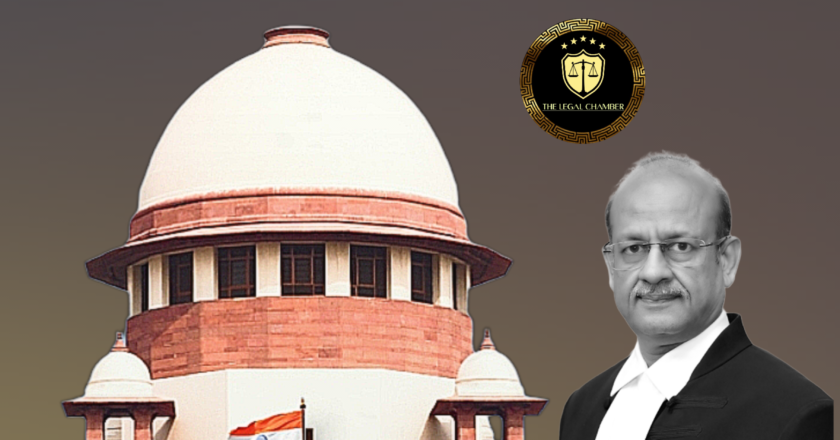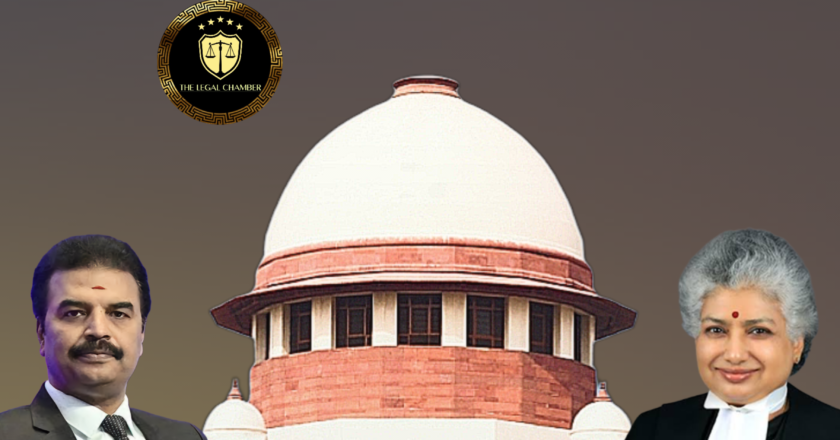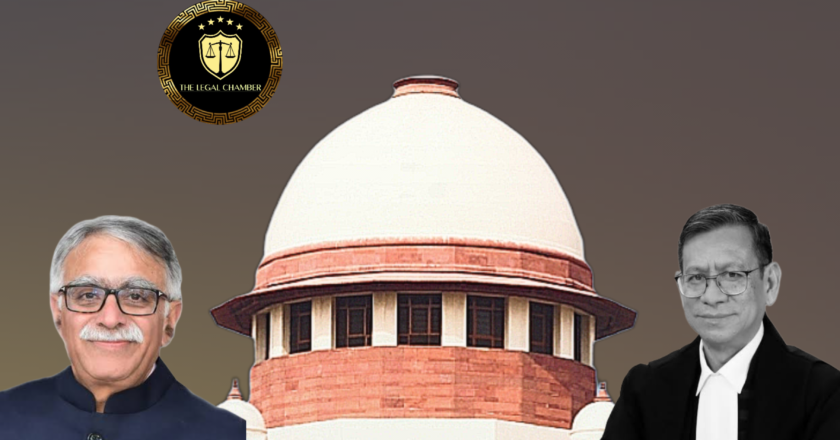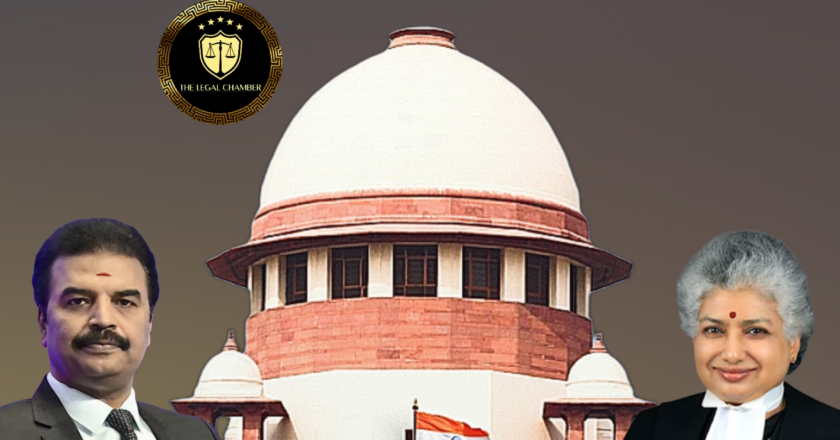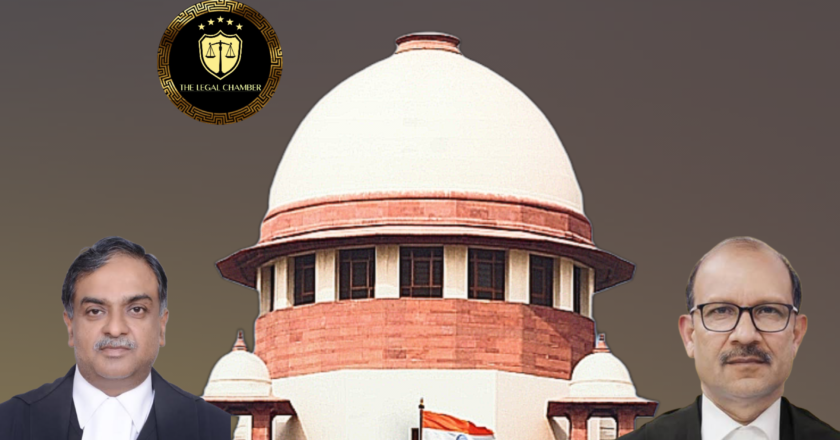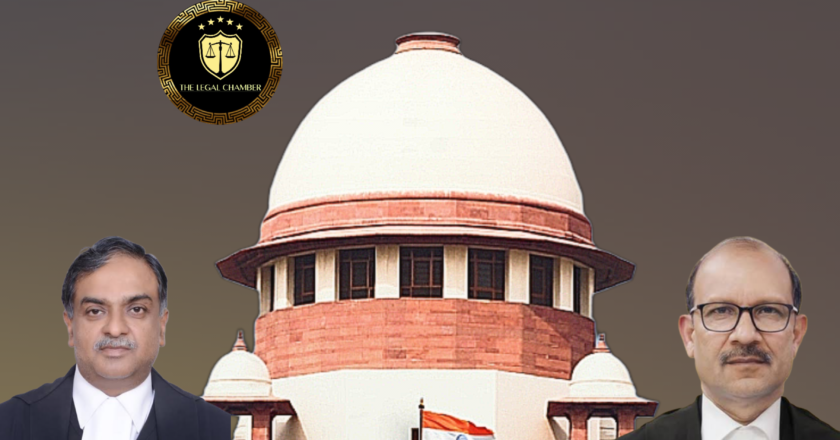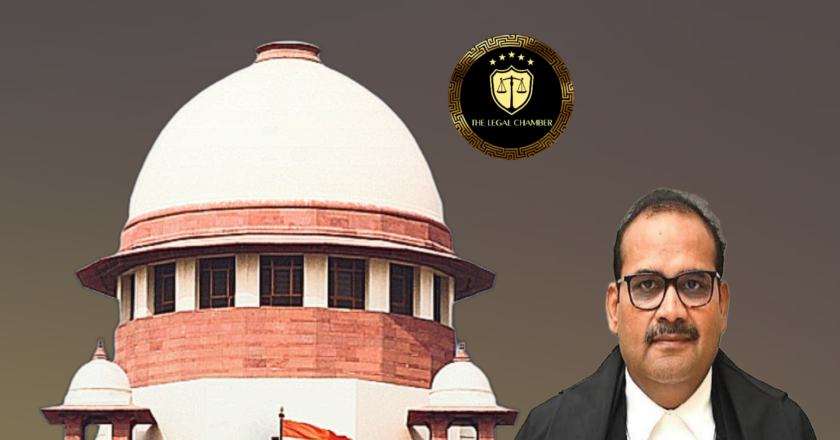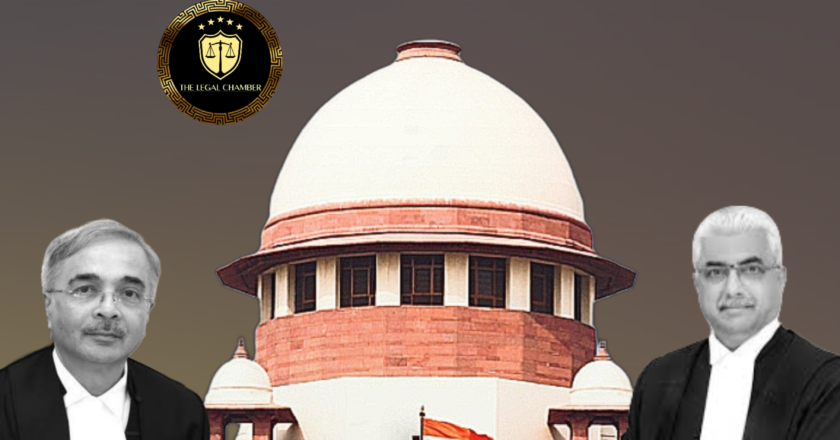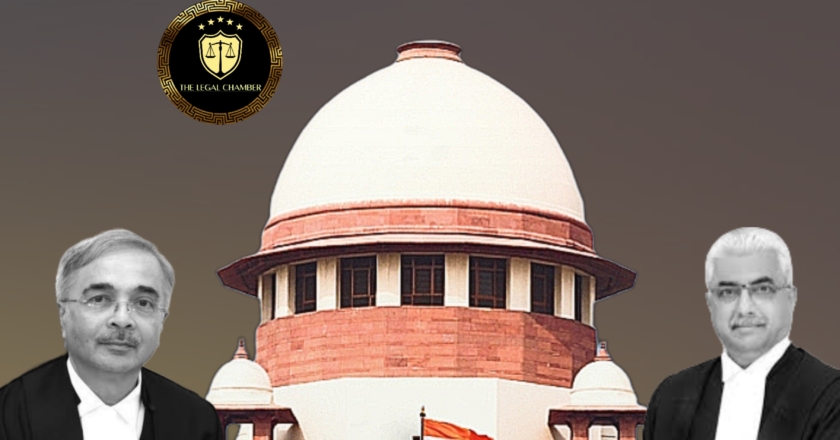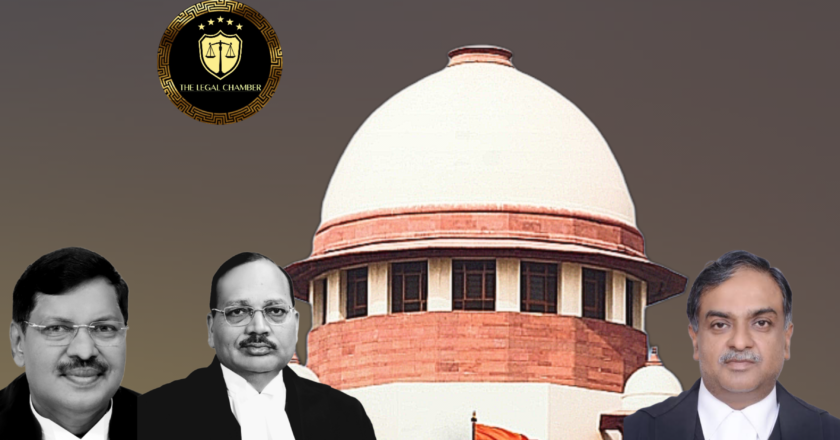Supreme Court Converts Life Imprisonment to 25 Years in POCSO Matter: Here’s Why the Court Showed Leniency
The Supreme Court partially allowed the appeal, upholding the conviction under Section 376(3) IPC and Section 6 of the POCSO Act. Exercising its sentencing power, the Court commuted the sentence of life imprisonment until natural death to a fixed term of 25 years of actual imprisonment without the benefit of remission, citing the appellant's age, clean antecedents, and satisfactory jail conduct.
Facts Of The Case:
The case originated from FIR No. 08/2022, registered on 04.05.2022, against the appellant, Deepankar Tikedar. The allegations pertained to the commission of sexual offences against a minor girl, who was reportedly between 15 to 16 years of age at the time of the incident. The appellant was subsequently tried and convicted by the Trial Court under Section 376(3) of the Indian Pe...
